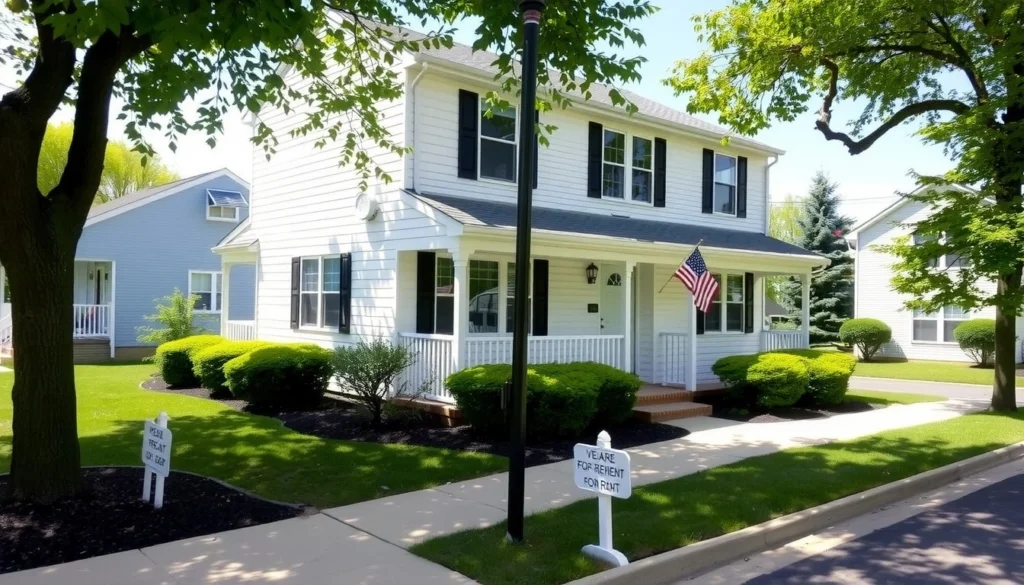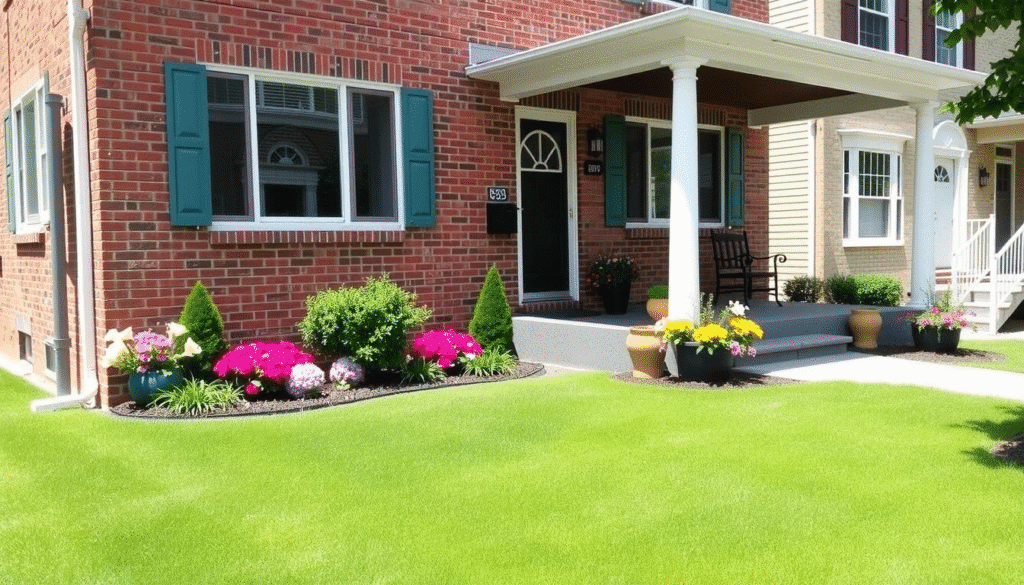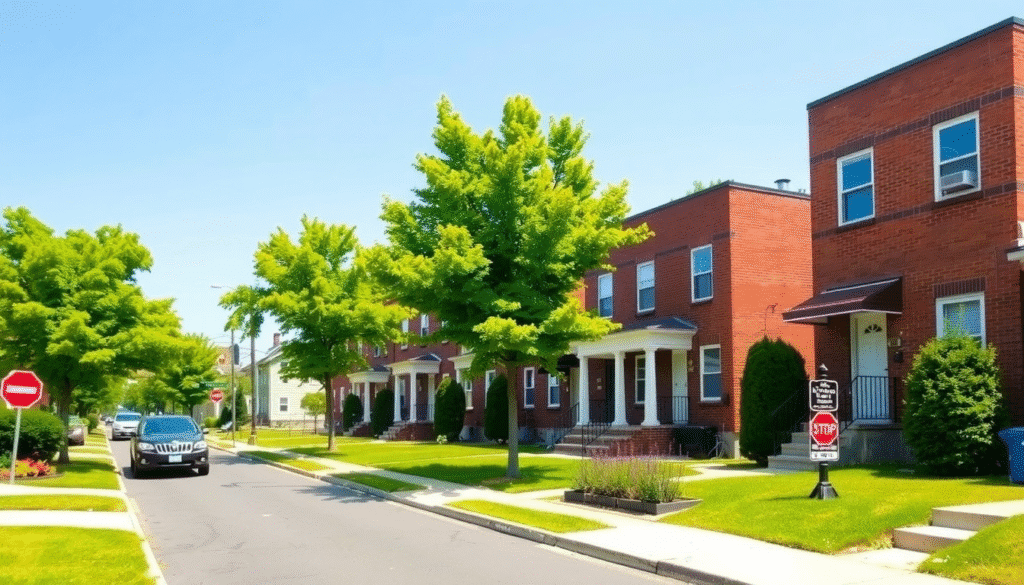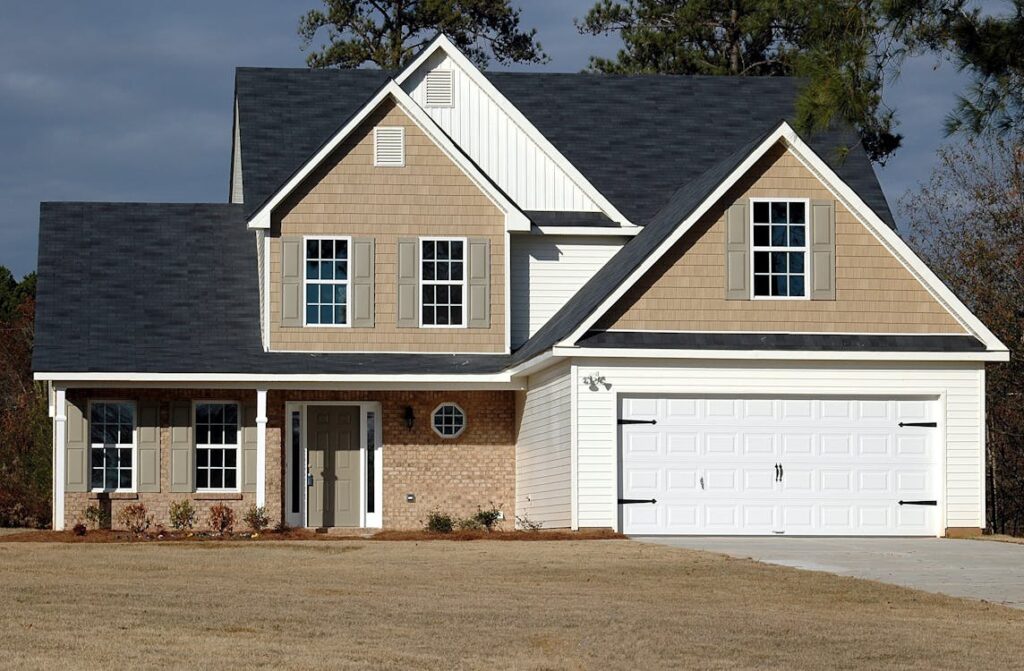New Jersey, a state known for its diverse cities, vibrant culture, and scenic landscapes, is a prime location for rental properties. Whether you’re a landlord or a property manager, offering long-term leases can be a strategic move that benefits both you and your tenants. In this blog, we’ll explore the advantages of long-term leases in New Jersey, providing you with valuable insights to optimize your rental strategy.
Stability and Predictable Income
One of the primary benefits of long-term leases is the stability they bring. With a long-term lease, typically lasting one year or more, landlords can enjoy a predictable income stream. This stability allows for better financial planning and reduces the stress associated with frequent tenant turnover.
Reduced Vacancy Rates
Vacancy periods can be costly and time-consuming. Long-term leases minimize the frequency of tenant turnover, reducing the periods when your property sits empty. This not only ensures a steady income but also saves on the costs associated with marketing the property and preparing it for new tenants.
Lower Turnover Costs
Each time a tenant moves out, there are costs involved in cleaning, repairing, and sometimes renovating the unit. With long-term leases, these costs are incurred less frequently. This can result in significant savings over time, improving the overall profitability of your rental property.
Building Stronger Tenant Relationships
Long-term leases provide an opportunity to build stronger relationships with your tenants. When tenants stay for extended periods, they are more likely to treat the property with care and respect, leading to fewer maintenance issues and better overall property condition.
Enhanced Tenant Satisfaction
Tenants appreciate the security and stability that long-term leases offer. They can settle into their homes without the worry of frequent relocations, which can be particularly beneficial for families with children or individuals who work nearby. This enhanced satisfaction can lead to better tenant retention and positive word-of-mouth referrals.
Community Integration
Tenants who commit to long-term leases are more likely to integrate into the community. They build connections with neighbors, local businesses, and community organizations. This sense of belonging can contribute to a more harmonious living environment, benefiting both tenants and landlords.
Financial Advantages
Long-term leases can also provide financial advantages for landlords. By locking in rental rates for a longer period, landlords can avoid the uncertainty of fluctuating rental markets.
Consistent Cash Flow
With long-term leases, landlords can count on a consistent cash flow, making it easier to manage expenses and plan for future investments. This consistency is especially valuable in markets with seasonal variations in rental demand.
Protection Against Market Fluctuations
Rental markets can be unpredictable, with rates fluctuating based on economic conditions, supply and demand, and other factors. Long-term leases provide protection against these fluctuations, ensuring that landlords receive a stable and predictable income regardless of market conditions.
Legal and Regulatory Benefits
New Jersey has specific laws and regulations governing rental properties. Long-term leases can help landlords navigate these legal complexities more effectively.
Clearer Lease Terms
Long-term leases typically involve more detailed and comprehensive lease agreements. This clarity helps to prevent misunderstandings and disputes between landlords and tenants, providing a solid legal foundation for both parties.
Compliance with Local Laws
New Jersey has stringent rental property laws designed to protect both tenants and landlords. Long-term leases can help ensure compliance with these laws, reducing the risk of legal issues and potential fines.
Marketing Advantages
Offering long-term leases can also be a powerful marketing tool. It can attract a specific segment of renters who are looking for stability and security in their housing arrangements.
Appealing to High-Quality Tenants
Long-term leases often appeal to high-quality tenants who are looking for a stable living situation. These tenants are typically more responsible, have steady incomes, and are less likely to cause problems.
Competitive Edge
In a competitive rental market, offering long-term leases can set your property apart from others. It demonstrates a commitment to tenant satisfaction and long-term stability, which can be highly attractive to prospective renters.
Environmental and Social Benefits
Beyond financial and legal advantages, long-term leases can also have positive environmental and social impacts.
Reduced Environmental Footprint
Frequent tenant turnover leads to increased energy consumption and waste generation due to moving activities, renovations, and cleaning. Long-term leases reduce these activities, contributing to a smaller environmental footprint.
Community Stability
Long-term tenants contribute to community stability. They are more likely to participate in local events, support local businesses, and engage in community activities. This stability benefits the wider community, creating a more vibrant and connected neighborhood.
Conclusion
Offering long-term leases in New Jersey is a strategic decision that brings numerous benefits to landlords, tenants, and the community. From financial stability and reduced turnover costs to enhanced tenant satisfaction and community integration, the advantages are clear. By focusing on long-term leases, landlords can create a more sustainable, profitable, and harmonious rental experience.
Whether you’re a seasoned property manager or a new landlord, considering long-term leases can be a game-changer for your rental business. Embrace the benefits and watch your rental property thrive in the dynamic and diverse landscape of New Jersey.






